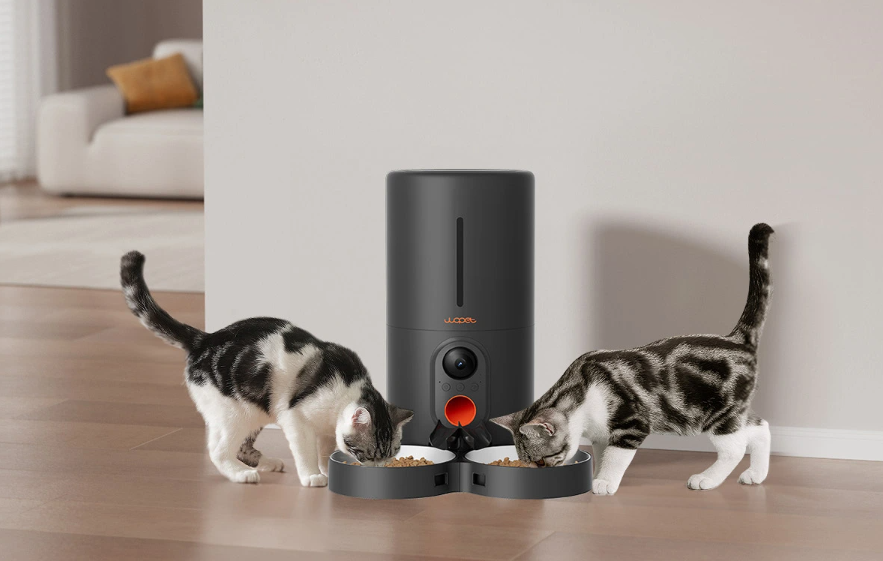
If your cat always acts like they're starving—even when they just ate—it might seem funny (or a little concerning). There are several reasons why cats behave this way, ranging from instinctual habits to potential health issues.
1. Natural Instincts
Cats are natural hunters and opportunistic eaters. In the wild, they don’t know when their next meal will come, so they instinctively eat whenever food is available. Even though domestic cats have regular meals, this instinct remains strong, making them act like they’re always hungry.
2. Routine and Learned Behavior
Cats thrive on routine. If they know they get fed at a certain time, they might start meowing, rubbing against you, or acting dramatic to remind you. Over time, they learn that begging or acting “starved” results in getting food (or treats), reinforcing the behavior.
3. Food Addiction or Preference for Tasty Food
Some cats become obsessed with food, especially if they’ve been given extra treats or human food. If they develop a preference for certain flavors, they might beg even when they’re not truly hungry, hoping for a tastier option.
4. Boredom or Attention-Seeking
Sometimes, cats beg for food not because they’re hungry, but because they’re bored. If they associate mealtimes with attention from you, they might act hungry just to get interaction. Providing more playtime or enrichment (toys, puzzle feeders) can help reduce this behavior.
5. Competition in Multi-Cat Households
If you have multiple cats, one may act hungrier due to food competition. Even if there’s plenty of food, some cats feel the need to eat quickly or beg for more to ensure they get their share.
6. High Metabolism or Poor Nutrition
Some cats have faster metabolisms and need more calories, especially kittens, pregnant cats, or very active breeds (like Bengals). If your cat’s food lacks proper nutrients or isn’t filling enough, they may beg for more to compensate.
7. Health Issues That Cause Excessive Hunger
If your cat is constantly begging for food and seems unusually hungry, it could be a sign of an underlying medical issue, such as:
- Hyperthyroidism – A common condition in older cats that speeds up metabolism, making them feel constantly hungry.
- Diabetes – Causes increased hunger, thirst, and weight loss.
- Worms/Parasites – Intestinal parasites steal nutrients, leaving your cat feeling hungry despite eating normally.
- Exocrine Pancreatic Insufficiency (EPI) – A condition where the pancreas doesn’t produce enough digestive enzymes, leading to malnutrition and excessive hunger.
What to Do If Your Cat Acts Starving All the Time
- Evaluate Their Diet – Ensure they’re getting high-quality, balanced food that meets their nutritional needs.
- Use Puzzle Feeders – These slow down eating and engage your cat’s mind, making mealtimes more satisfying.
- Stick to a Feeding Schedule – Avoid giving in to constant begging, as this reinforces the behavior.
- Rule Out Health Issues – If your cat’s hunger seems excessive or sudden, consult a vet to check for medical problems.
Final Thoughts
Cats acting like they’re starving is usually a mix of instinct, routine, and attention-seeking. However, if the behavior is extreme or new, it’s worth checking their diet and overall health. Understanding the root cause can help ensure your cat stays happy, healthy, and well-fed—without overindulging them!
source: https://wopet.com/cats/why-do-cats-act-like-they-are-starving/








